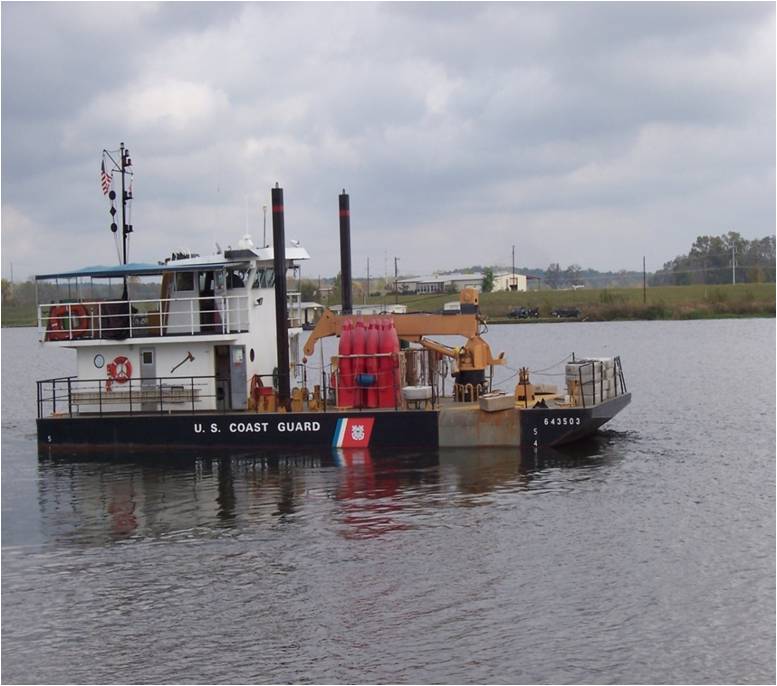Mariners on the heartland rivers have until July 1 to tell the Coast Guard how to improve aids to navigation on the Western Rivers System.
With similar studies underway for the Atlantic, Gulf of Mexico and Pacific coast and islands, the Coast Guard Waterways Analysis and Management System (WAMS) is also reviewing the Western Rivers Aids to Navigation (ATON) System.
It is a totally different system from the saltwater, thanks to the dynamic and unstable nature of the Mississippi River and channels. The Coast Guard operates this system on the Mississippi River from Upper Mississippi River Mile 857 to Lower Mississippi River Mile 155 and on its tributaries, and other waterways.
Interested mariners and maritime stakeholders can provide input at https://www.surveymonkey.com/r/WRWAMS. That link will be open for comments until July 1.
Along with the online survey, the WAMS sis looking at cargo data from the Corps of Engineers Waterborne Statistics Center. Automatic Identification System (AIS) marine traffic data will also be analyzed and compared with environmental conditions, such as ice and water levels.
“Through these system-wide navigation studies, the U.S. Coast Guard is reviewing its nation-wide policy on the use of ATON and delivery of Marine Safety Information to promote the safety of future maritime transportation and commerce on U.S. navigable waters,” according to a statement from the Coast Guard asking for mariners to participate in the survey.
The Western Rivers System also includes these rivers and waterways:
- Port Allen-Morgan City Alternate Route (Louisiana)
- That part of the Atchafalaya River above its junction with the Port Allen-Morgan City Alternate Route including the Old River and the New River.
- The Tennessee-Tombigbee Waterway (Mississippi)
- Tombigbee River ((Mississippi-Alabama)
- Black Warrior River (Alabama)
- Alabama River
- Coosa River (Alabama)
- Mobile River above Cochrane Bridge at St. Louis Point
- Flint River
- Chattahoochee River
- Apalachicola River above its confluence with the Jackson River




